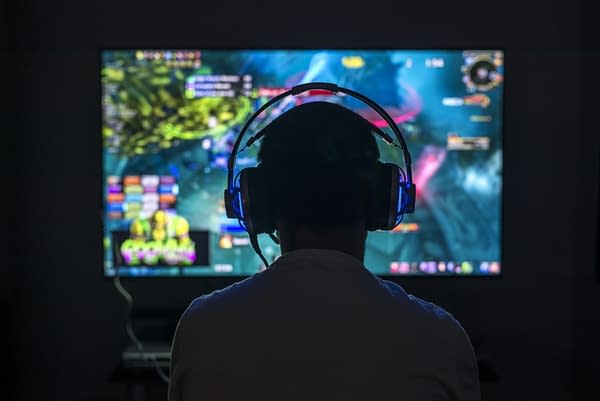Posted in: Games, Video Games | Tagged: video games, Video Gaming
Ten-Year Study Finds No Link Between Aggression & Video Games
A ten-year study was conducted to tell us what many in the gaming community could have told you in ten seconds about video games. The findings were published by Cyberpsychology, Behavior, and Social Networking, in which they studied over 500 participants with the average age of them being 14 years old. The study basically concluded that it didn't see a rise in aggressive tendencies in those who played hours of video games compared to those who played very little or none at all. While the study is vindicating, we know it's not an end-all to gaming being given the blame for outlandish behavior as that's the story they people keep painting in different shades since the early '80s. It all depends on what the new flavor of worry is that year. Besides, gamers know games don't cause aggression, they cause frustration for not winning.

A host of studies have examined the impact of playing violent video games on aggressive behavior. However, longitudinal research is rare, and existing studies have allowed little room for individual variability in the trajectories of violent video game play. The current study used a person-centered approach to examine trajectories, predictors, and outcomes of violent video game play over a 10-year period. Three groups of individuals emerged: high initial violence (4 percent), moderate (23 percent), and low increasers (73 percent). High initial violence and moderate groups showed a curvilinear pattern of violent video game play across time, whereas low increasers group increased slightly in violent video game play across time. The high initial violence and moderate groups were more likely to be male, and those in the high initial violence group were more likely to be depressed at the initial wave. There was no difference in prosocial behavior at the final time point across all the three groups, but individuals in the moderate group displayed the highest levels of aggressive behavior at the final wave. Implications of the results are discussed.










